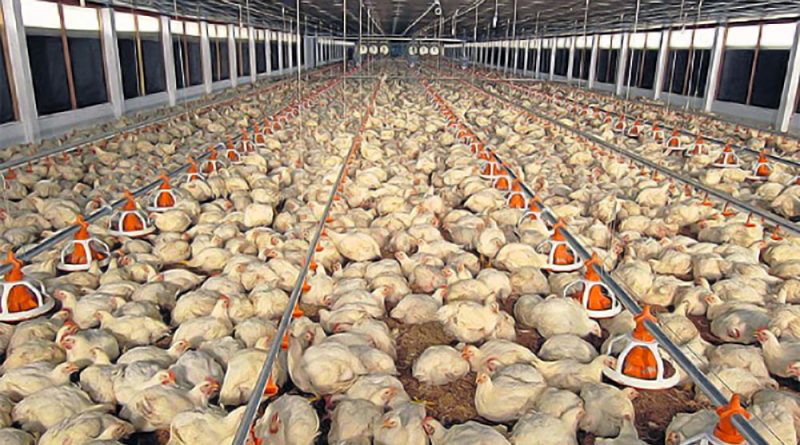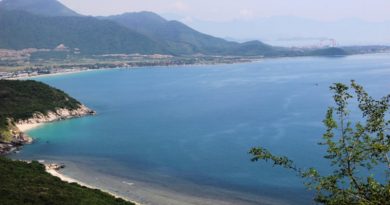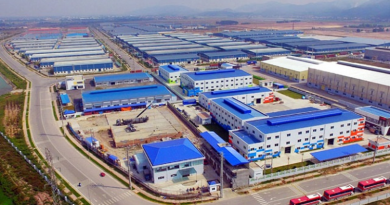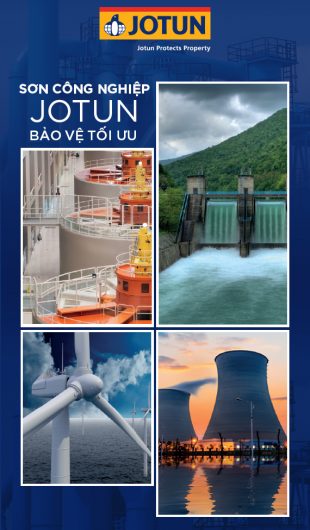Thailand’s CP Foods expands investment in Vietnam with eyes on CPTPP
CP Foods will invest more than US$200 million to create an export hub for its poultry and pork business, which is equal to more than 25% of the total invested by Thai companies between 2015 and 2017.
With eyes on Vietnam’s access to a 11-nation trade bloc under the Comprehensive and Progressive Trans – Pacific Partnership (CPTPP), Thailand’s Charoen Pokphan Foods (CP Foods) is boosting investment in the country to drive poultry exports, Nikkei Asian Review reported.
CP Foods, a subsidiary of Charoen Pokphand Group, Thailand’s biggest conglomerate, will invest more than US$200 million to create an export hub for its poultry and pork business.
The project represents a significant inflow into Vietnam, equal to more than 25% of a total of US$780 million invested by Thai companies in the neighboring country between 2015 and 2017, according to data from the Association of Southeast Asian Nations.
Following the move, the Thai company is hoping to take advantage of the free trade agreement which came into effect at the end of last year, which offers Vietnam advantageous trading terms with such countries as Japan and Australia, as well as Mexico and Canada. Thailand has yet to join the CPTPP.
Vietnam in November 2018 became the seventh country to ratify the CPTPP, with economists expecting the agreement to boost Vietnamese exports by 4% and would have been much faster if the US had not pulled out of the agreement in January 2017.
CP Foods is expected to use Vietnam as a hub for the export of chickens and shrimp. The company claims to be a “kitchen of the world,” with units in 17 countries, including in its domestic market.
CP’s investment is the latest example of Thai companies expanding into neighboring countries with growth potential, a trend which has nurtured a range of industries in the Mekong region.
Montri Suwanposri, CEO of CP Vietnam, a unit of CP Foods, was quoted as saying the company had so far invested a total of US$1 billion in Vietnam after the entry into the country in 1993. CP Foods will expand its Vietnam operations, which account for 15% of the company’s total sales, by making an additional investment in meat-processing plants.
The completed chicken factory will have processing capacity of 1 million chickens per week. Total chicken production from CP Foods’ Vietnam operations is still below its Thai unit, but the company plans to enhance capacity in the future.
CP Foods aims to start exporting meat, as well as shrimp and fish, from its Vietnam hub, with almost all of its processed meat set to head to Japan, the Middle East, the European Union and other countries.
CP Foods aims to use Vietnam as a hub to export, to enjoy free trade agreements, tax privileges and export quota, said an analyst at Bualuang Securities, a leading securities company in Thailand.
CP Vietnam CEO Montri said Vietnam had an advantage over Thailand in terms of exports.
Vietnam’s strength also lies in its lower labor costs. A Vietnamese manufacturing worker makes US$227 a month on average, much lower than Thailand’s US$413 and China’s US$493, according to data from the Japan External Trade Organization.
CP Foods is also planning to boost shrimp exports with the backing of the Vietnamese government.
The company is considering increasing its shrimp farming capacity in the country to 50 billion units a year from the current 12 billion. To that end, the company will increase its annual production capacity of shrimp feed from 300,000 tons to 500,000 tons in 2019, said an executive in charge of fishery products at CP Vietnam.
In the fiscal year to December 2018, CP Foods saw its sales in Vietnam jump 26% on the year to 81.7 billion baht (US$2.56 billion), in stark contrast to those in Thailand, which remained flat.
Source: hanoitimes.vn








